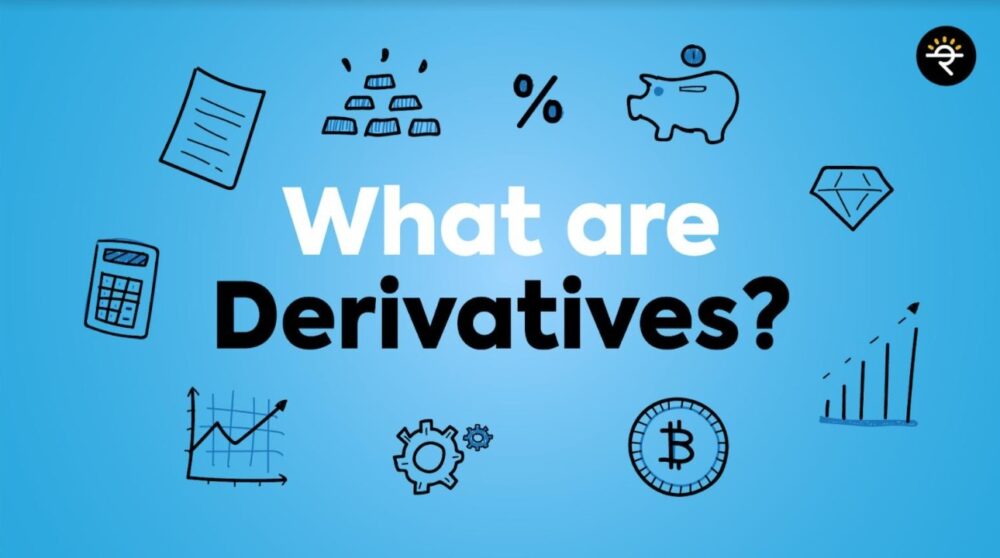Stock and share markets are an essential part and parcel of the financial markets today. Using derivatives for hedging and speculation is a common method of forming financial contracts by earning value from a group of assets. These financial agreements derive their value from a group of underlying assets decided by the type of derivative. They are open to speculation on movements of prices, hedging against risks thereby enhancing the returns on your portfolio. As the value of these contracts depends upon assets like bonds, stocks, currencies and other commodities along with market indices which keep fluctuating as per market conditions, the basic purpose is to earn profits by predicting future values. Let us find out about the various types of derivatives that are available in the market:
Forwards:
When two parties enter into a contract to purchase or sell underlying assets at a fixed rate agreed upon at the specified time, it is a form of forwards. This form of customized contract has a high tendency to counter-party risk. They do not require any indemnity since they are self-regulated. As the maturity date approaches, the forward contracts are settled so they are reserved by the expiry period.
Futures:
Agreements where the parties involved are constrained to execute the contract once it is traded at the stock exchange. Unlike forwards, the futures do not provide any option to delay the trade and compel its obligation.
Options:
When the trade is executed at a predetermined price within a fixed period. The buyer and the seller of the underlying asset is granted rights to trade within a specified timeframe. Additionally, the options contract may be discontinued, by paying the premium to the writer of the option or the seller and thus pass on the exercise.
Swaps:
Another form of financial derivative popularly used to exchange one type of cash flow with another is swaps wherein trade takes place in private contracts. Currency swaps and interest rate swaps are considered to be the most known forms of swaps. The trader may swap from a variable interest rate swap to a fixed interest rate loan or the other way around. The agreed future date is specified to sell the asset under the contract between the two parties.
The market of derivatives is monitored and operated by the Securities Exchange Board of India that manages both exchange-traded and over-the-counter market trades. Derivatives are used to counter the fluctuations and variations of the market that can affect the price of shares and stocks and cause losses. To safeguard the damages and to secure gains through accurate predictions, an agreed date in future is decided to execute the trade. The buyer gets the right to purchase an underlying asset at a fixed price offered at the time of entering the contracts without any obligation. This is facilitated under the call options that are crucial in options trading. The choice of settling the contracts lies with the buyer, though he is not bound by the contract.
Thus, you can easily conclude that trading in derivatives is risky and a necessary feature of volatile markets, but acts as leveraged documents to regulate both profits and losses.

